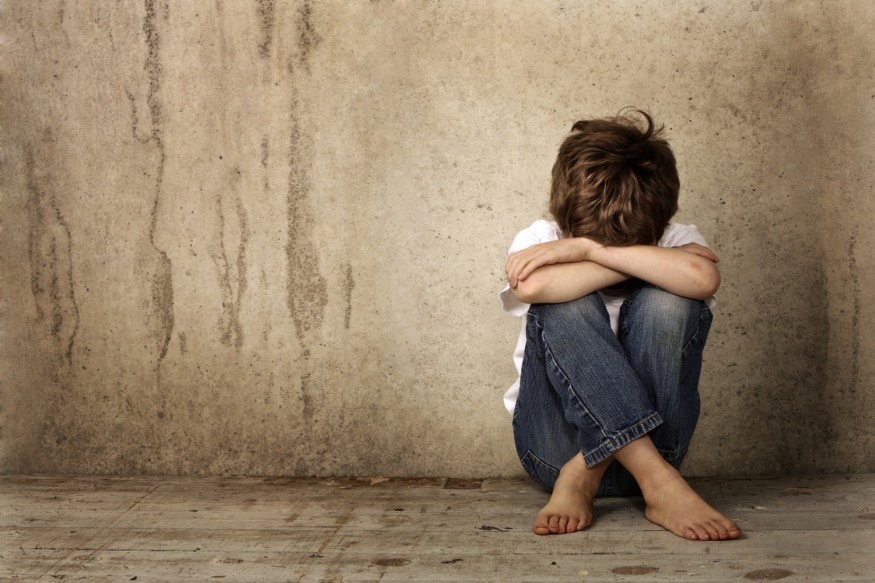
Children who experience abuse, neglect or other forms of maltreatment are more likely to engage in delinquent and offending behaviors as a teenager and young adult, according to a study published in BMC Public Health.
"Our research suggests that many young people involved in the juvenile justice system are struggling with the effects of trauma and earlier maltreatment, and that we should provide support for youth who have experienced maltreatment to engage in more pro-social behaviors," says Hannah Lantos, corresponding author and youth development expert at Child Trends.
Delinquent behavior refers to behaviors in minors which would be considered a criminal offense if committed by an adult.
Teenage convictions are unlikely to show up on even the best background check services, so if teens and young adults are able to turn their lives around, past offences during adolescence should not prevent them from having a normal life.
However, maltreatment during childhood has been shown to have long-term effects that continue well into adulthood.
The researchers in the study looked at data on 10,613 participants in the National Longitudinal Study of Adolescent to Adult Health, or Add Health. Add Health is a nationally representative sample of American adolescents in grades 7-12 during the 1994-1995 school year. Participants have been followed for more than two decades. The data was used to analyze how the relationship between childhood maltreatment and these behaviors is affected by race/ethnicity, gender and sexual orientation.
Researchers found that 77% of participants experienced at least one form of maltreatment during childhood. Nearly 32.5% reported committing non-violent offenses, and 30% committed violent offenses during their adolescence.
The adolescents who experienced maltreatment during childhood were more likely to engage in violent behaviors. There was also a faster increase in non-violent offenses during early adolescence. The increase in non-violent offenses was much steeper in those who experienced childhood maltreatment compared to those who did not.
Males who experienced maltreatment had committed more non-violent offenses compared to females. Researchers found no link between maltreatment and offending behaviors by sexual orientation or race/ethnicity.
Researchers do caution that the participants in the study are now in their late 30s and early 40s, so relationships between childhood maltreatment and offending behaviors may be different in young people today.
"Our findings reinforce the need to reexamine areas where inequalities in the trajectory from maltreatment to juvenile delinquency and offending persist," said Lantos. "Adding to our knowledge of the relationship between maltreatment and offending behaviors may help identify opportunities to support young people and may inform improvements in juvenile and adult justice systems."











